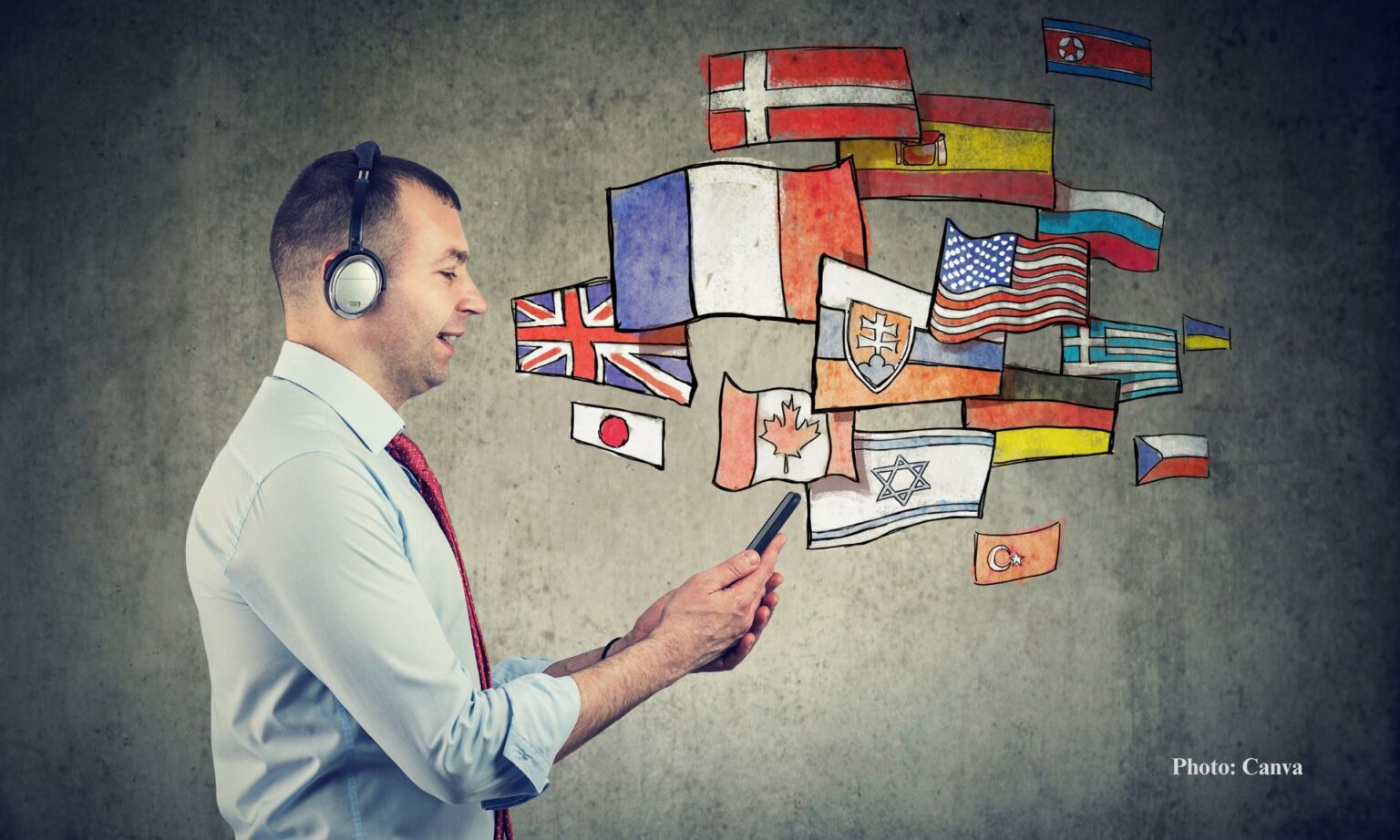Introduction
Learning a new language can be one of the most rewarding experiences in life. It opens doors to new cultures, enhances career opportunities, and even improves cognitive abilities. But with so many methods available, what’s the best way to learn a new language? This article explores the most effective strategies to help you master a new language efficiently and enjoyably.
Setting a Strong Foundation
Choosing the Right Language
Before you begin, ask yourself: Why do you want to learn this language? Whether it’s for travel, work, or personal interest, your motivation will help keep you on track.
Setting Realistic Goals
Instead of aiming for fluency in six months, break your goal into smaller, achievable milestones. Start with simple objectives like learning 100 basic words or having a five-minute conversation.
Immersing Yourself in the Language
Listening to Native Speakers
Your ears need to get used to the rhythm and sounds of a new language. Listen to podcasts, music, and audiobooks in your target language to train your brain.
Watching Movies and TV Shows
Turn on subtitles and watch movies or series in the language you’re learning. Over time, you’ll start picking up phrases naturally.
Reading in the Target Language
Start with simple children’s books or articles before moving on to complex texts. Reading helps build vocabulary and sentence structure.
READ ALSO: 3 Countries Paying You to Move There in 2024
Speaking and Practicing Daily

Start Speaking from Day One
Don’t wait until you “feel ready”—just start speaking! Even if it’s just saying “hello” or ordering food in a restaurant, practice is key.
Join Language Exchange Programs
Find a language partner through platforms like Tandem or HelloTalk, where you can exchange your native language with someone who speaks the language you’re learning.
Talk to Yourself
This may sound strange, but speaking to yourself in the target language improves fluency and confidence. Try narrating your daily activities in the language.
Using Technology to Accelerate Learning
Best Language Learning Apps
Apps like Duolingo, Babbel, and Memrise make learning fun and interactive. They provide daily exercises to help reinforce new words and grammar.
Online Courses and Podcasts
Platforms like Coursera and Udemy offer structured courses, while podcasts provide an immersive listening experience.
AI Chatbots and Virtual Tutors
Chatbots like ChatGPT and virtual tutors can simulate conversations, giving you real-time feedback on your speaking and writing.
Grammar and Vocabulary Building
Learn the Most Common Words First
Did you know that just 1,000 words make up 85% of everyday conversations? Focus on learning these high-frequency words first.
Understand Sentence Structure
Grammar is essential, but don’t get too caught up in it. Learn through patterns and examples rather than memorizing rules.
Use Flashcards and Spaced Repetition
Apps like Anki use spaced repetition to help reinforce new words at optimal intervals.
Writing to Reinforce Learning
Writing improves language retention. Keep a journal, write short stories, or chat with friends in your target language.
Joining a Language Learning Community
Surround yourself with fellow learners. Join Facebook groups, Reddit forums, or attend language meetups in your city.
Traveling for Language Immersion
If possible, travel to a country where the language is spoken. Full immersion accelerates learning, forcing you to communicate in real-life situations.
Staying Consistent and Motivated
Track your progress with apps, set small daily challenges, and reward yourself for achieving milestones. Consistency is more important than intensity.
Common Mistakes to Avoid
- Focusing too much on grammar
- Being afraid to make mistakes
- Not practicing consistently
The Science Behind Language Learning
Your brain forms new neural connections when learning a language. Children learn faster due to their flexible brains, but adults can still achieve fluency with the right methods.
How Long Does It Take to Learn a New Language?
It depends on factors like motivation, practice time, and language difficulty. With consistent effort, conversational fluency can be achieved in 6-12 months.
Conclusion
Learning a new language is a journey that requires patience and practice. By immersing yourself, practicing daily, and staying motivated, you’ll make steady progress. Start today, and enjoy the process!
FAQs
What is the easiest language to learn?
Languages like Spanish, French, and Dutch are considered easier for English speakers due to similarities in vocabulary and grammar.
Can you become fluent without living in a country that speaks the language?
Yes! With online resources, immersion techniques, and daily practice, you can achieve fluency from anywhere.
How can I improve my pronunciation?
Listen to native speakers, mimic their speech, and use pronunciation apps like Forvo.
What’s the fastest way to memorize new words?
Use flashcards, spaced repetition, and practice using new words in sentences.
How do I stop feeling embarrassed when speaking?
Accept that mistakes are part of learning. The more you practice, the more confident you’ll become.
In another related article, The Benefits of eSIM for Travelers






